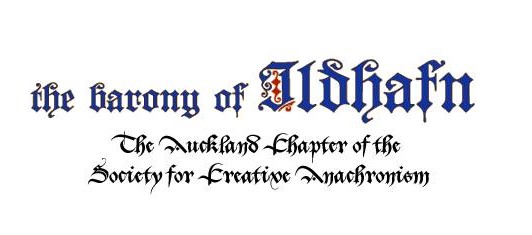Date:
1609 (published in Deuteromelia)
Description:
As I me walked is a rustic, humorous English folk song, preserved by Thomas Ravenscroft in his 1609 collection Deuteromelia. It paints a light, cheeky picture of a countryside encounter, in the lively, slightly bawdy tradition of English catches and rounds. Though simple, it captures the wit and musical charm of the early Stuart period.
Discussion:
Ravenscroft was a collector and arranger of popular English songs, particularly those sung informally in taverns, homes, and by common folk. As I me walked fits squarely in this tradition, offering a glimpse into everyday life and humour. It is short, rhythmically catchy, and typically sung in unison or as a simple part-song. The text includes playful imagery and a flirtatious tone that would’ve delighted Elizabethan and Jacobean audiences.
This is transcribed in 3/4 in the modern edition, but has a rather funky 2/4 3/4 feel: Ravenscroft’s notation, without barlines, allows the stresses to fall where they feel natural.
Composer:
Traditional (arranged by Thomas Ravenscroft)
Arranged by:
Thomas Ravenscroft (published in Deuteromelia, 1609)
Sheet Music:
Available in editions of Deuteromelia, folk song anthologies, and online at CPDL or IMSLP.
The arrangement we use is available here as a pdf-in modern notation, pdf – without barlines, or musescore file
Parts:
Unison or 2-part; often performed with light instrumental doubling (e.g., lute, viol, recorder)
Type:
Secular Folk Song / Part-song
Language:
Early Modern English
Ranges:
- Melody: C4 – E5 (easy range for most voices)
- 2nd part (in some editions): A3 – C5
Advice for beginners:
Very accessible and great for building confidence in Renaissance music. Ideal for small groups or classroom performance. Focus on storytelling, pronunciation, and rhythm. Have fun with the delivery—Ravenscroft’s songs are meant to be lively and a bit mischievous. Adding light percussion or lute/guitar accompaniment works well.
Sound Files:
Here are some sound files for reference. Starting on G above middle C, starting on G below middle C
